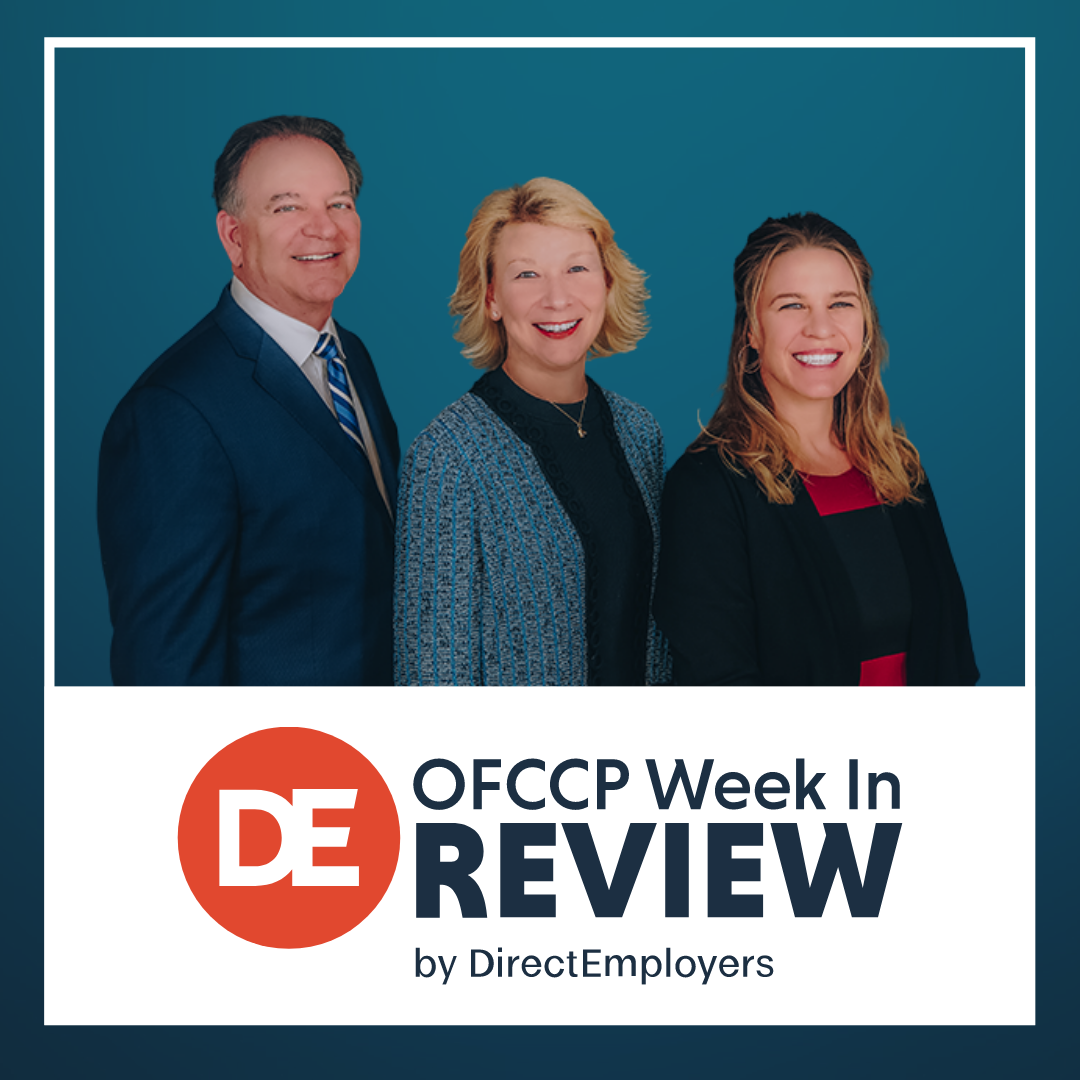 The DE OFCCP Week in Review (WIR) is a simple, fast and direct summary of relevant happenings in the OFCCP regulatory environment, authored by experts John C. Fox, Candee Chambers and Jennifer Polcer. In today’s edition, they discuss:
The DE OFCCP Week in Review (WIR) is a simple, fast and direct summary of relevant happenings in the OFCCP regulatory environment, authored by experts John C. Fox, Candee Chambers and Jennifer Polcer. In today’s edition, they discuss:
- New Resources on Workplace Protections for Nursing Mothers
- Shifting from the Great Resignation to the Great Retention
- Take Note of Interim Acceptable Employment Authorization for I-9 Form
- EEOC to Hold Hearing on Race, Sex, and National Origin Discrimination In Construction
- Federal Agencies to Host Question & Answer Session
- USDOL to Host a Virtual Event – Building Mental Health-Friendly Workplaces
- EEOC and DOJ Release Guidance on The Use of Artificial Intelligence in Hiring To Help Prevent Disability Discrimination
- Comment Now on Davis-Bacon and Related Acts Information Collection
Monday, May 9, 2022: New Resources on Workplace Protections for Nursing Mothers
The U.S. Department of Labor Women’s Bureau, in coordination with the Wage and Hour Division (WHD), released new resources outlining workplace protections for nursing mothers.
New Resources
- An infographic on workplace protections for nursing mothers.
- An interactive map provides information on federal and state-level employment protections against pregnancy discrimination, provisions for pregnancy accommodation, and workplace breastfeeding rights.
Additional Resources
- WHD Fact Sheet: Break Time for Nursing Mothers under the FLSA
- Webinar: Equity in the Workplace: Protecting Pregnant and Nursing Mothers
When: Wednesday, May 18, 2022, 3:00 – 4:30 PM EST
In The Know
The Patient Protection and Affordable Care Act became law on March 23, 2010. The law (Sec. 4207. Reasonable Break Time For Nursing Mothers) amended Section 7 of the Fair Labor Standards Act (FLSA) to include requirements (where applicable) for nursing mothers.
Tuesday, May 10, 2022: Shifting from the Great Resignation to the Great Retention
The “Great Resignation” continues to affect employers large and small as they grapple with the issue of how to address this ongoing talent concern. Tune in as entrepreneur, author, and podcaster, Lorraine Ball, discusses how focusing on culture-building, connection, and proactive recruitment can prevent the churn of employee turnover and create a place where people want to work.
Listen in to the latest DE Talk Podcast: Shifting from the Great Resignation to the Great Retention, to learn more!
Tuesday, May 10, 2022: EEOC to Hold Hearing on Race, Sex, and National Origin Discrimination In Construction

Event Details
Title: “Knocking Down Walls: Discrimination and Harassment in Construction”
Logistics: Tuesday, May 17, 2022, 10:30 AM EST
Discussion Points:
- historical, statistical, and experiential evidence of race and sex-based harassment and discrimination that has limited opportunities for Blacks, Asians, Hispanics, Native Americans, and Females in construction
- practices to address and prevent systemic discrimination of these historically marginalized groups of employees
Presenters:
- Japlan “Jazz” Allen, Treasurer & Iron Worker, Chicago Women in Trades
- Janel Bailey, Co-Executive Director of Organizing & Programs, Los Angeles Black Workers Center
- James Bobseine, Trial Attorney, EEOC Buffalo Local Office
- David Chincanchan, Policy Director, Workers Defense Project
- Trevor Griffey, Lecturer of U.S. History, UC Irvine
- Nicole Mason, President & CEO, Institute for Women’s Policy Research
- Ken Simonson, Chief Economist, Associated General Contractors of America
- Melissa Wells, Special Assistant to the President for Diversity and Inclusion, North America’s Building Trades Union
- Chris Winters, Military & Tribal Liaison, International Union of Painters, and Allied Trades District Council # 5
- Gary, Iron Worker
Tuesday, May 10, 2022: Federal Agencies to Host Question & Answer Session
The White House Initiative on Asian Americans, Native Hawaiians, and Pacific Islanders (WHIAANHPI) Region 8 (Colorado, Montana, North Dakota, South Dakota, Utah, and Wyoming) in partnership with the EEOC – Denver Field Office (representing Colorado and Wyoming) will host a Federal Agency Q & A Session.
Agency Directors and designated representatives will interact directly with the audience through chat and by answering questions submitted in advance.
Event Details
- Date: Wednesday, May 18, 2022
- Time: 2:00 PM – 4:00 PM MST / 4:00 PM – 6:00 PM EST
- Register online
Participants
- U.S. Department of Labor, Wage and Hour
- U.S. Equal Employment Opportunity Commission
- U.S. Department of Housing and Urban Development
- U.S. Citizenship & Immigration Services, Community Relations
Thursday, May 12, 2022: USDOL to Host a Virtual Event – Building Mental Health-Friendly Workplaces
May is Mental Health Awareness Month. In collaboration with the State Exchange on Employment & Disability, the Council of State Governments West released “Recognizing Efforts to Meet Growing Challenges,” bringing us these startling statistics.
- In 2021, the U.S. Centers for Disease Control and Prevention reported that for the first time, drug overdose deaths surpassed 100,000 over 12 months – a 28.5% increase from the previous year.
- Research involving 80,000 youth globally revealed that depressive and anxiety symptoms doubled during the pandemic.
- In spring 2021, emergency department visits in the U.S. for suspected suicide attempts were 51% higher for adolescent girls than in 2019.
Many organizations speak out and speak up in honor of Mental Health Awareness Month. The U.S. Department of Labor (USDOL) announced it will host a virtual event to share knowledge and explore mental health parity. The presenters will discuss the role of the workplace in addressing the nation’s mental health crisis and strategies for fostering work environments that support employees with mental health conditions.
Event Details
- Date: Wednesday, May 25, 2022
- Time: 2:00 PM EST
- Register online
Participants
- Marty Walsh, U.S. Secretary of Labor
- Julie Su, U.S. Deputy Secretary of Labor
- Ali Khawar, Acting Assistant Secretary, Employee Benefits Security Administration
- Taryn Williams, Assistant Secretary, Office of Disability Employment Policy
Thursday, May 12, 2022: EEOC and DOJ Release Guidance on The Use of Artificial Intelligence in Hiring To Help Prevent Disability Discrimination
The EEOC released “The Americans with Disabilities Act and the Use of Software, Algorithms, and Artificial Intelligence to Assess Job Applicants and Employees.” The guidance focuses on preventing discrimination against job seekers and employees with disabilities by outlining issues that employers should consider when using AI. The technical assistance focuses on three primary concerns under the ADA:
- employers should have a process in place to provide reasonable accommodations when using algorithmic decision-making tools;
- without proper safeguards, workers with disabilities may be “screened out” from consideration in a job or promotion even if they can do the job with or without a reasonable accommodation; and
- if the use of AI or algorithms results in applicants or employees having to provide information about disabilities or medical conditions, it may result in prohibited disability-related inquiries or medical exams.
The DOJ released “Algorithms, Artificial Intelligence, and Disability Discrimination in Hiring.” The guidance provides a broad overview of rights and responsibilities in addition to:
- providing examples of the types of technological tools that employers are using;
- clarifying that, when designing or choosing technological tools, employers must consider how these could impact different disabilities;
- explaining employers’ obligations under the ADA when using algorithmic decision-making tools, including when an employer must provide a reasonable accommodation; and
- providing information for employees on what to do if they believe they have experienced discrimination.
“New technologies should not become new ways to discriminate. If employers are aware of the ways AI and other technologies can discriminate against persons with disabilities, they can take steps to prevent it,” said EEOC Chair Charlotte A. Burrows.
Additional Resources
THIS COLUMN IS MEANT TO ASSIST IN A GENERAL UNDERSTANDING OF THE CURRENT LAW AND PRACTICE RELATING TO OFCCP. IT IS NOT TO BE REGARDED AS LEGAL ADVICE. COMPANIES OR INDIVIDUALS WITH PARTICULAR QUESTIONS SHOULD SEEK ADVICE OF COUNSEL.
SUBSCRIBE.
Compliance Alerts
Compliance Tips
Week In Review (WIR)
Subscribe to receive alerts, news and updates on all things related to OFCCP compliance as it applies to federal contractors.
OFCCP Compliance Text Alerts
Get OFCCP compliance alerts on your cell phone. Text the word compliance to 55678 and confirm your subscription. Provider message and data rates may apply.

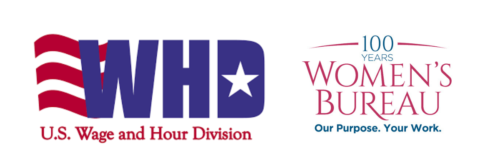
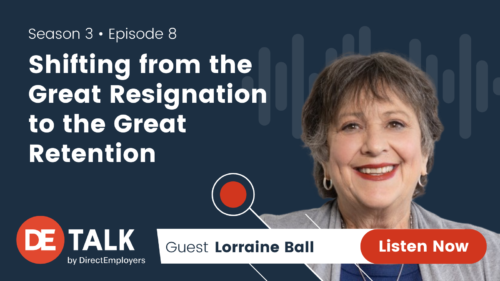
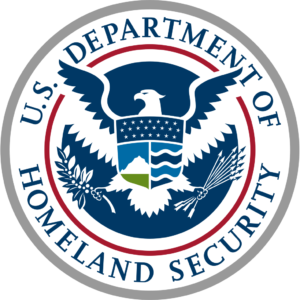 The United States Citizenship and Immigration Services (USCIS), along with Customs and Border Protection, began issuing (as of January 30, 2022) new classes of admission (COA) codes for
The United States Citizenship and Immigration Services (USCIS), along with Customs and Border Protection, began issuing (as of January 30, 2022) new classes of admission (COA) codes for 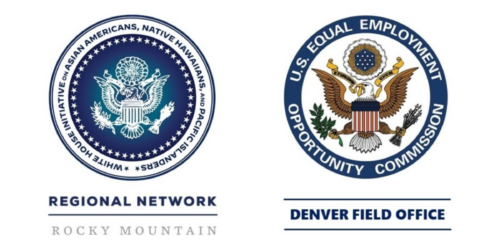
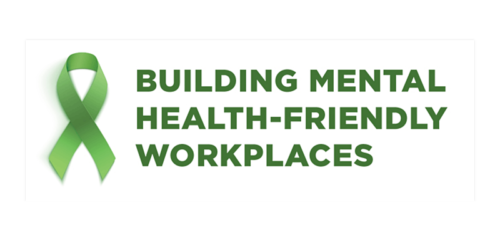
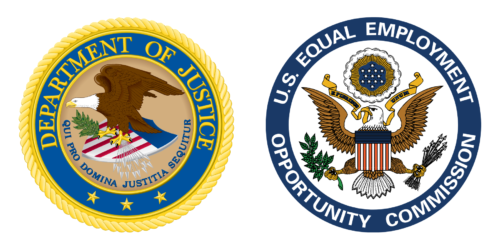

Friday, May 13, 2022: Comment Now on Davis-Bacon and Related Acts Information Collection
The WHD administers the Davis-Bacon Act (DBA) and Davis-Bacon Related Acts (DBRA), 40 U.S.C. 3141 et seq., and the Contract Work Hours and Safety Standards Act (CWHSSA), 40 U.S.C. 3701 et seq. Regulations at 29 CFR part 5 prescribe labor standards for federally financed and federally assisted construction contracts subject to DBA, DBRA, and labor standards for all contracts subject to CWHSSA.
The DBA and DBRA require payment of locally prevailing wages and fringe benefits, as determined by the Department, to laborers and mechanics on most federally financed or assisted construction projects. CWHSSA requires the payment of one and one-half times the basic rate of pay for hours worked over 40 in a week on most federal contracts involving the employment of laborers or mechanics.
The requirements of this information collection consist of:
Comments
The WHD anticipates over 8000 comments on the following:
Comment on or before June 13, 2022.